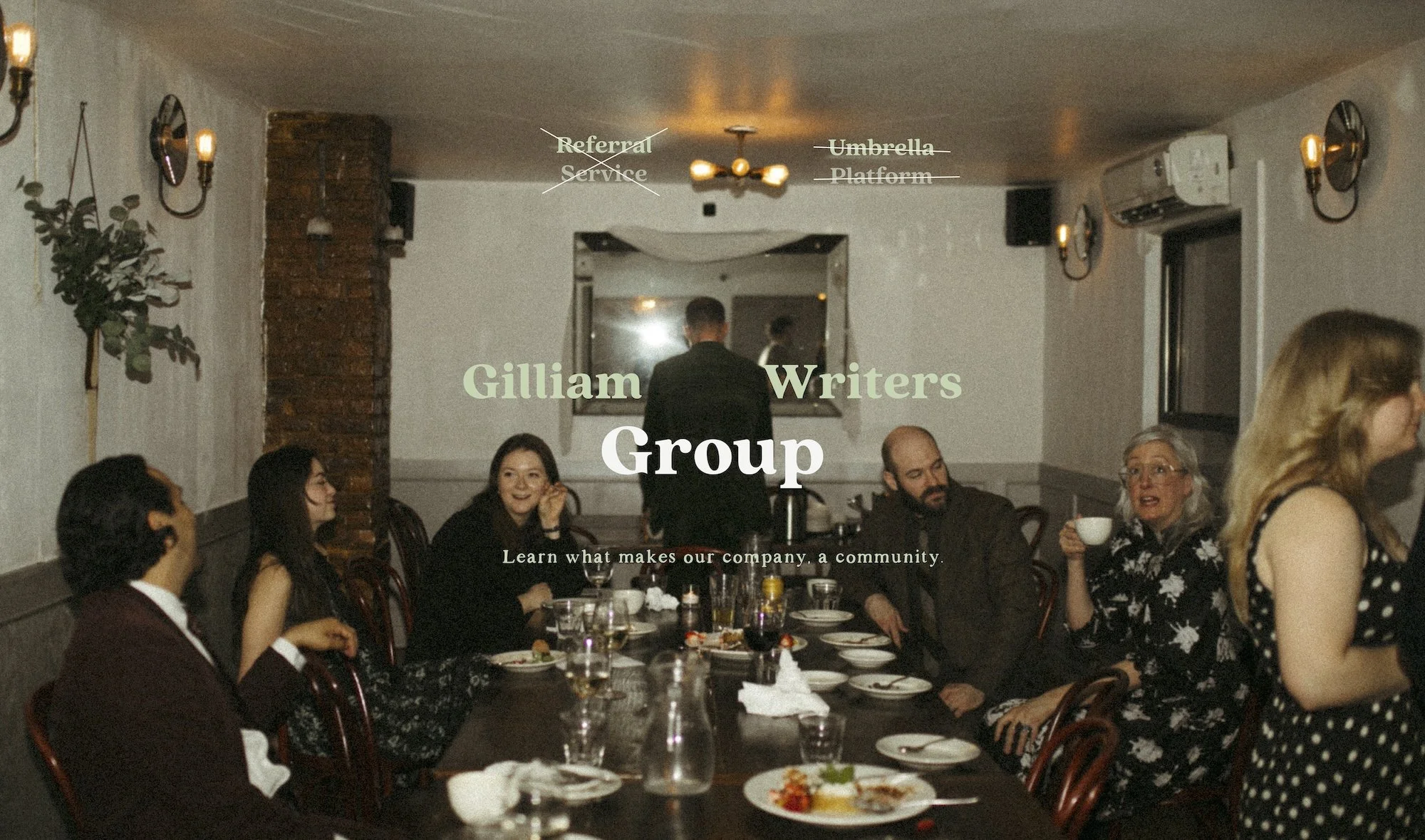Writing together.
Writing is a famously lonely profession. Through our work with clients, the Gilliam Writers Group is committed to sharing the burden of writing, transforming the process from an intimidating solo endeavor into a generative, shared conversation. We also do that for our faculty—that is, for each other. Unlike other online writing tutoring and freelance writing coaching services, which largely fail to prioritize interaction between service providers, we actively support each other through mentoring, workshops, dinners, retreats, and more. In this way, GWG’s faculty comes to know and trust one another deeply, forging relationships that make the Gilliam Writers Group fundamentally different from our competitors. We believe these relationships are essential to providing the highest quality services for our clients and students.

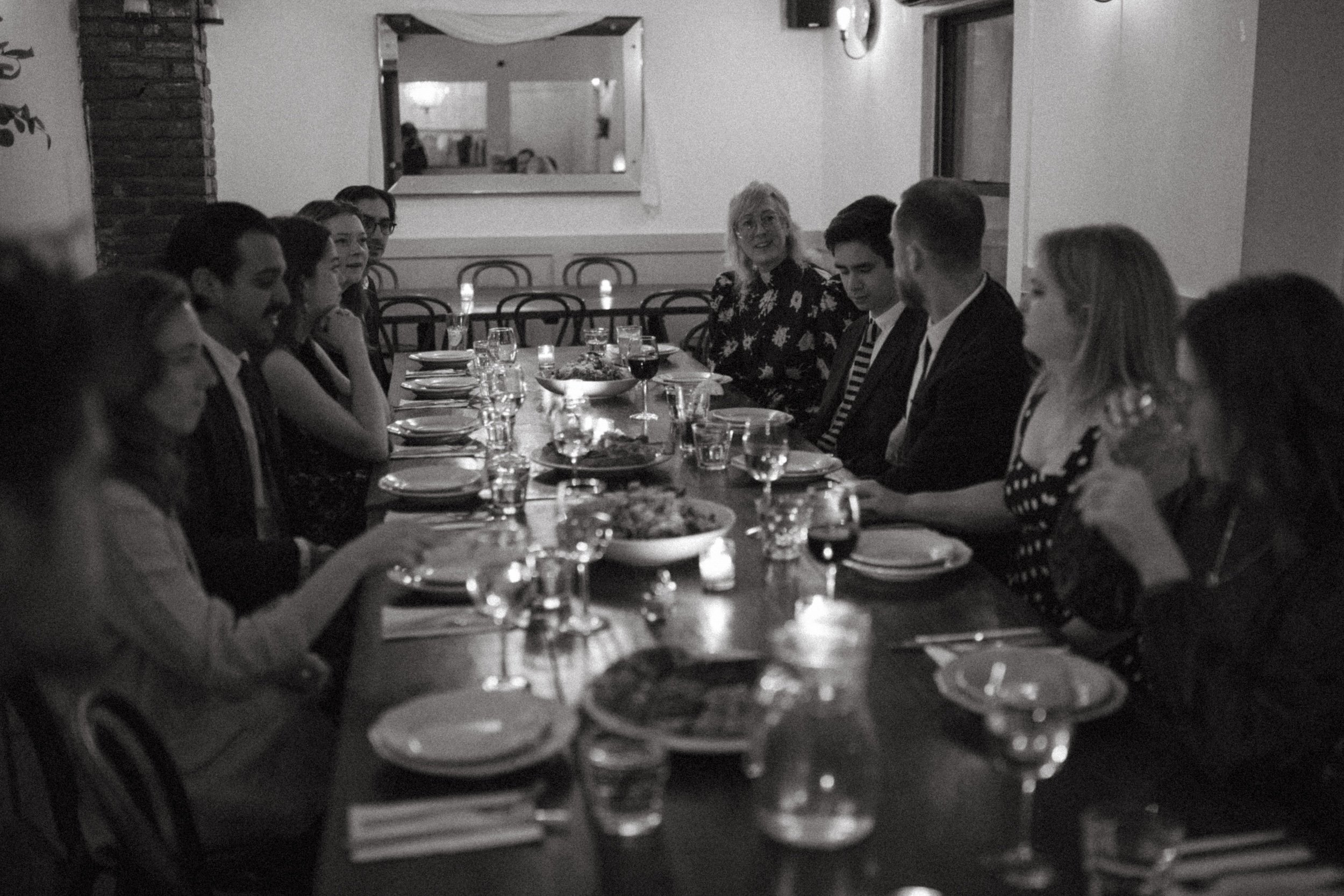



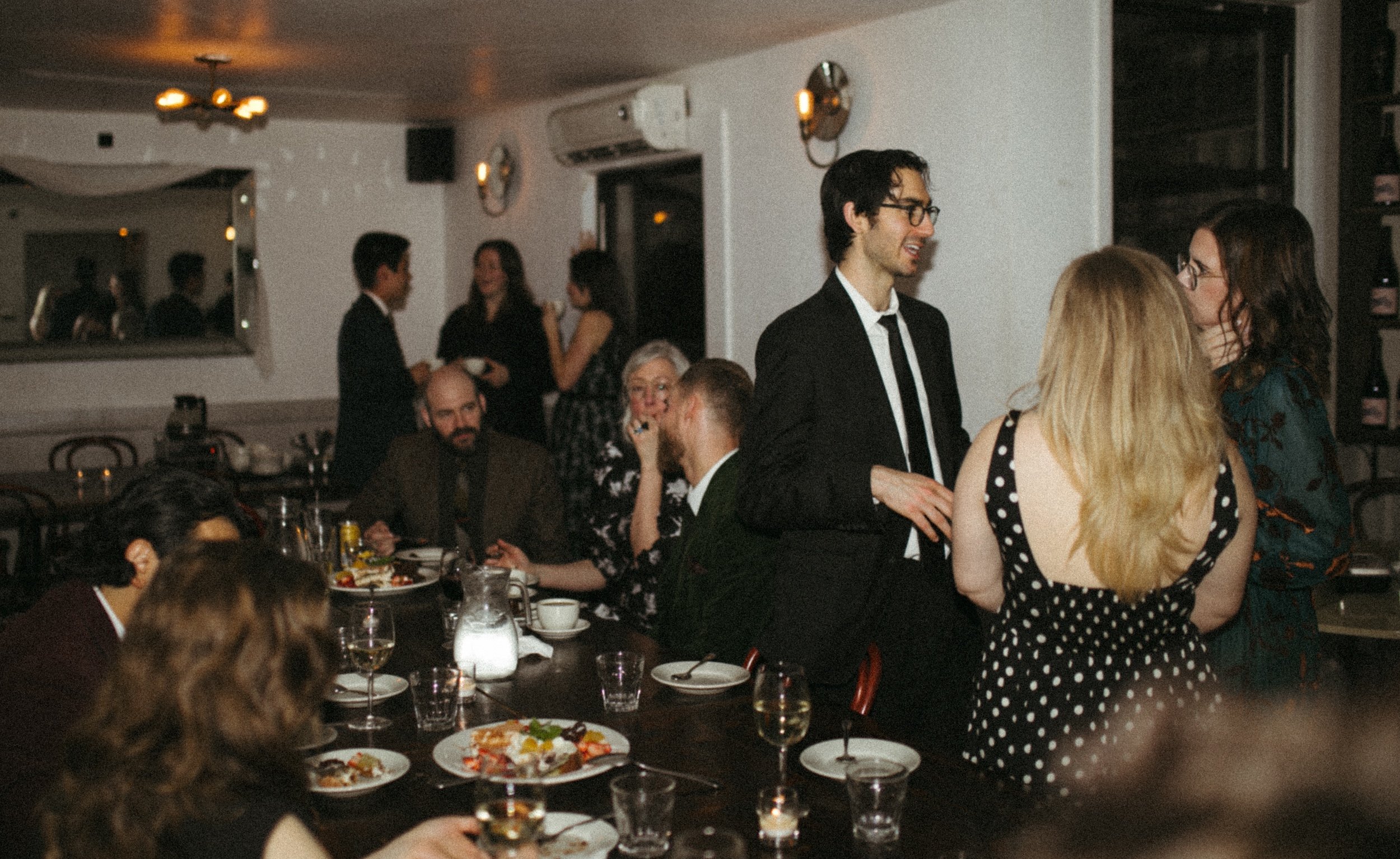


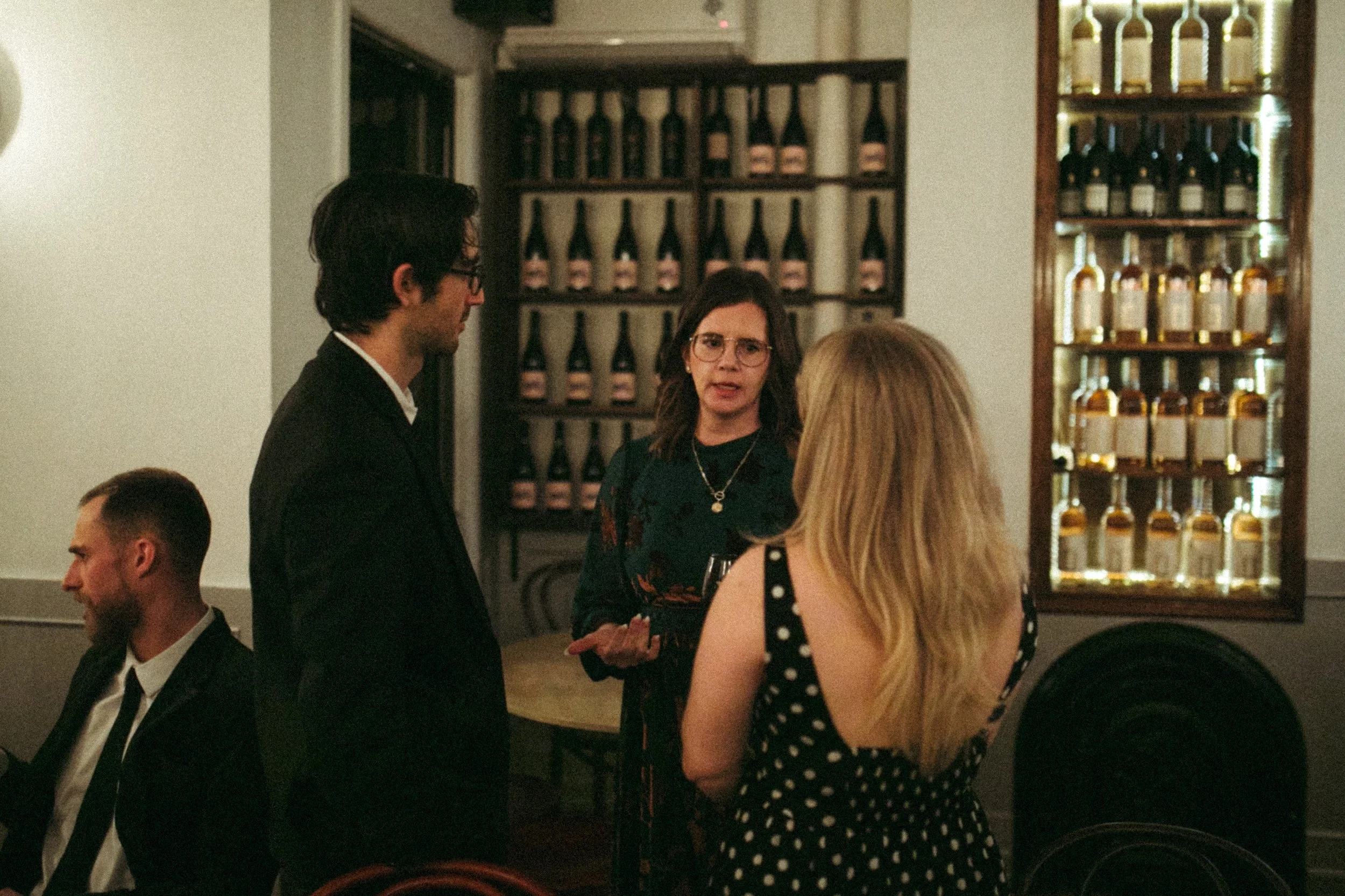
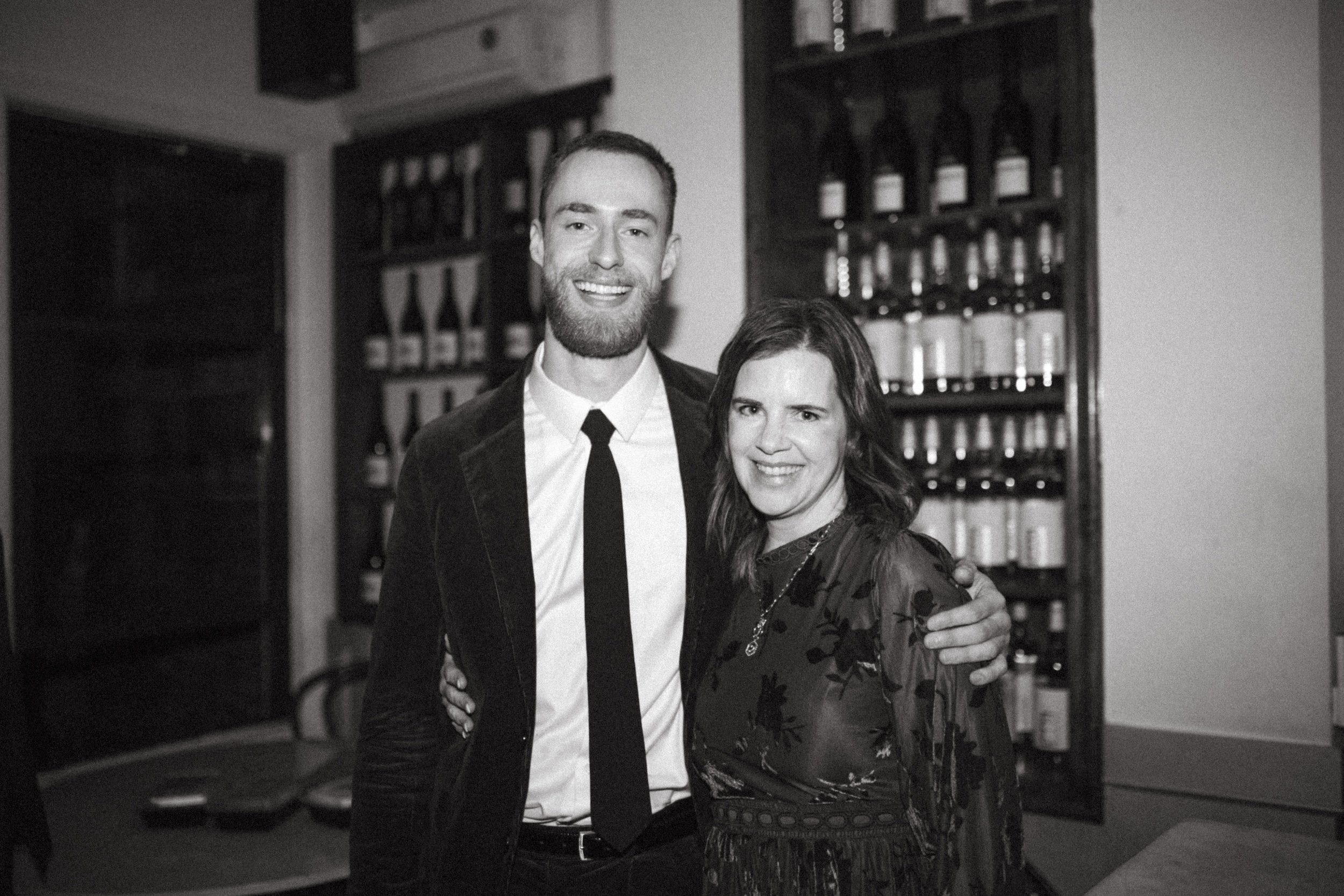

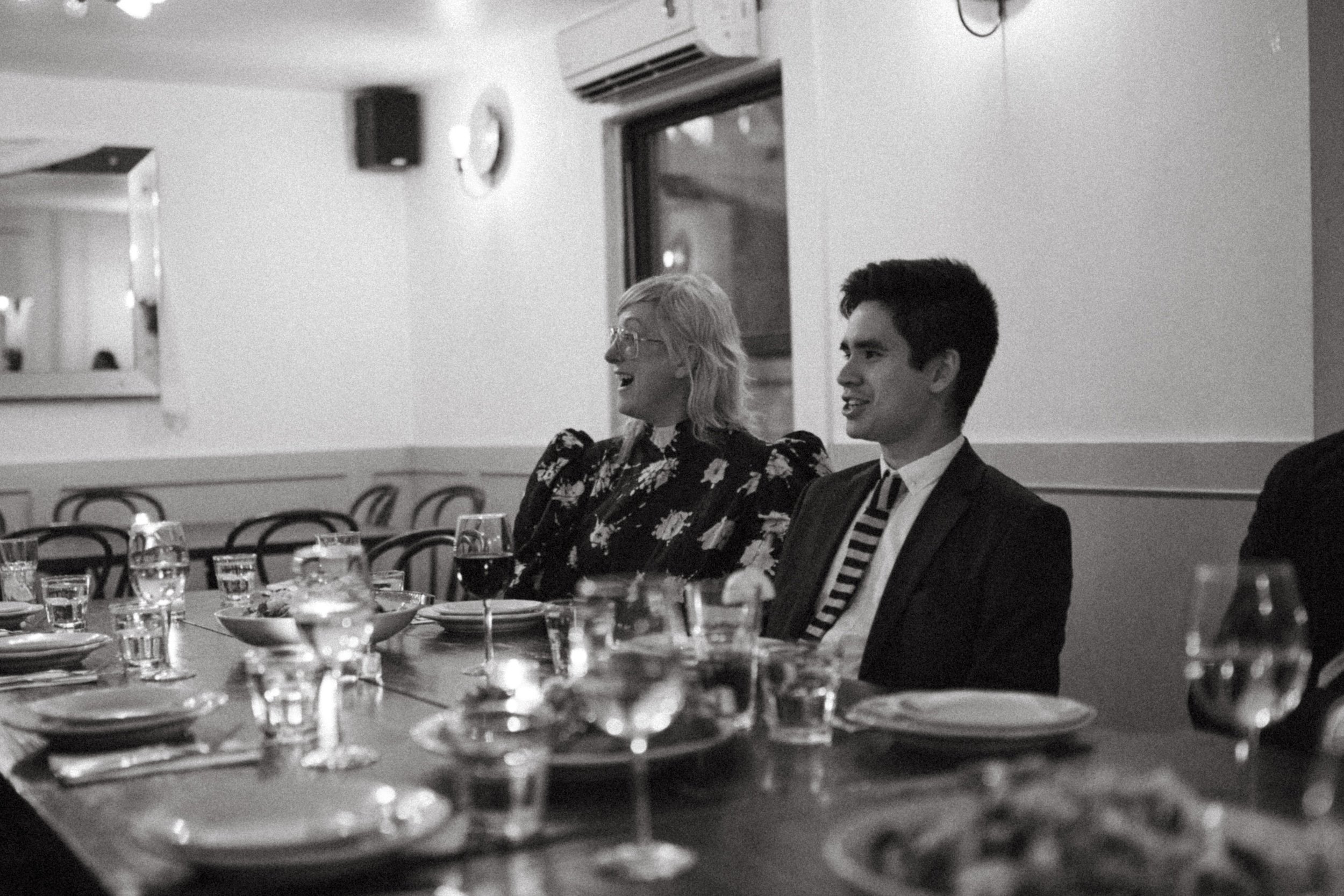
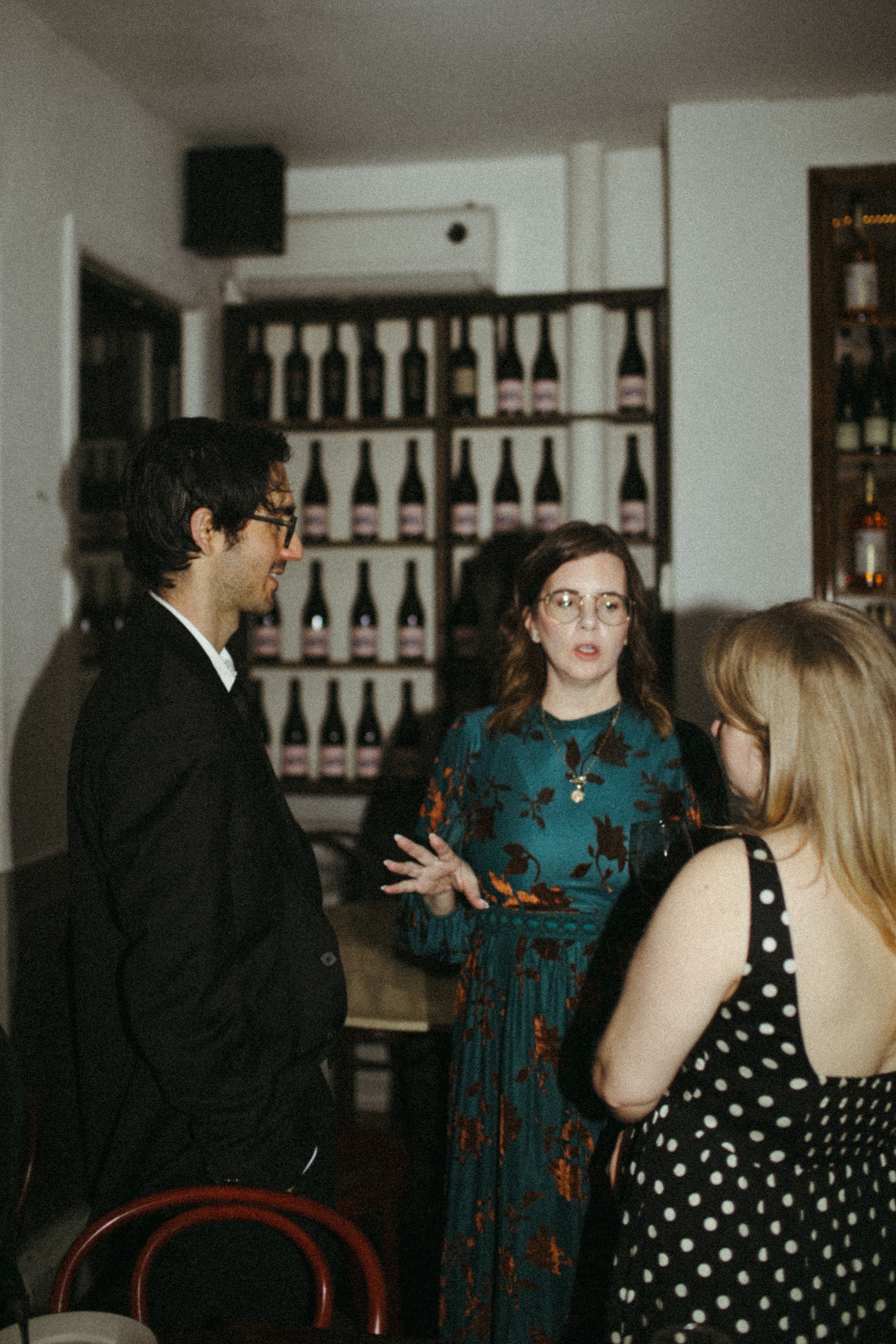

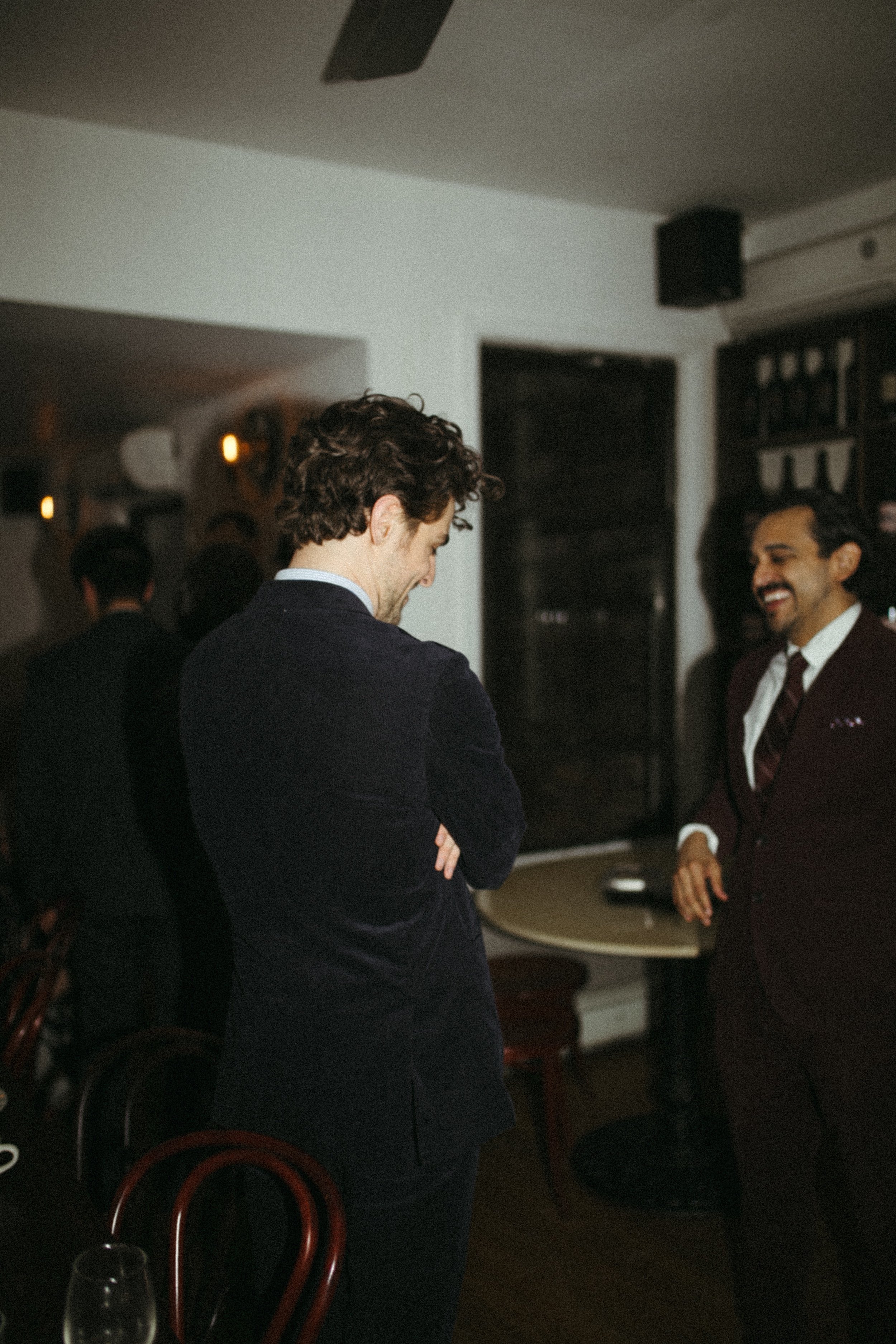
Thinking together.
When writers work as a collective, we can impact psychology and culture in lasting ways, forever changing how we and our readers see the world. In the nineteenth century in Cambridge, Massachusetts, a “brotherhood of the Like-Minded” began meeting regularly to discuss their views, which diverged in every way except their shared progressivism. Labeled the Transcendental Club by a disparaging critic, this band of writers, thinkers, and theologians would go on to publish its own groundbreaking literary journal, The Dial, and pen some of the most influential texts of the century, from Ralph Waldo Emerson’s “Nature”, to Margaret Fuller’s Woman in the Nineteenth Century, to Henry David Thoreau’s Walden. The Transcendentalist Club is just one example of the countless literary fellowships, from the Dark Tower salons of the Harlem Renaissance to the Friday Clubs of the Bloomsbury Group, in which writers working in English have found not only camaraderie, but influence, through mutual support and empathetic conversation.
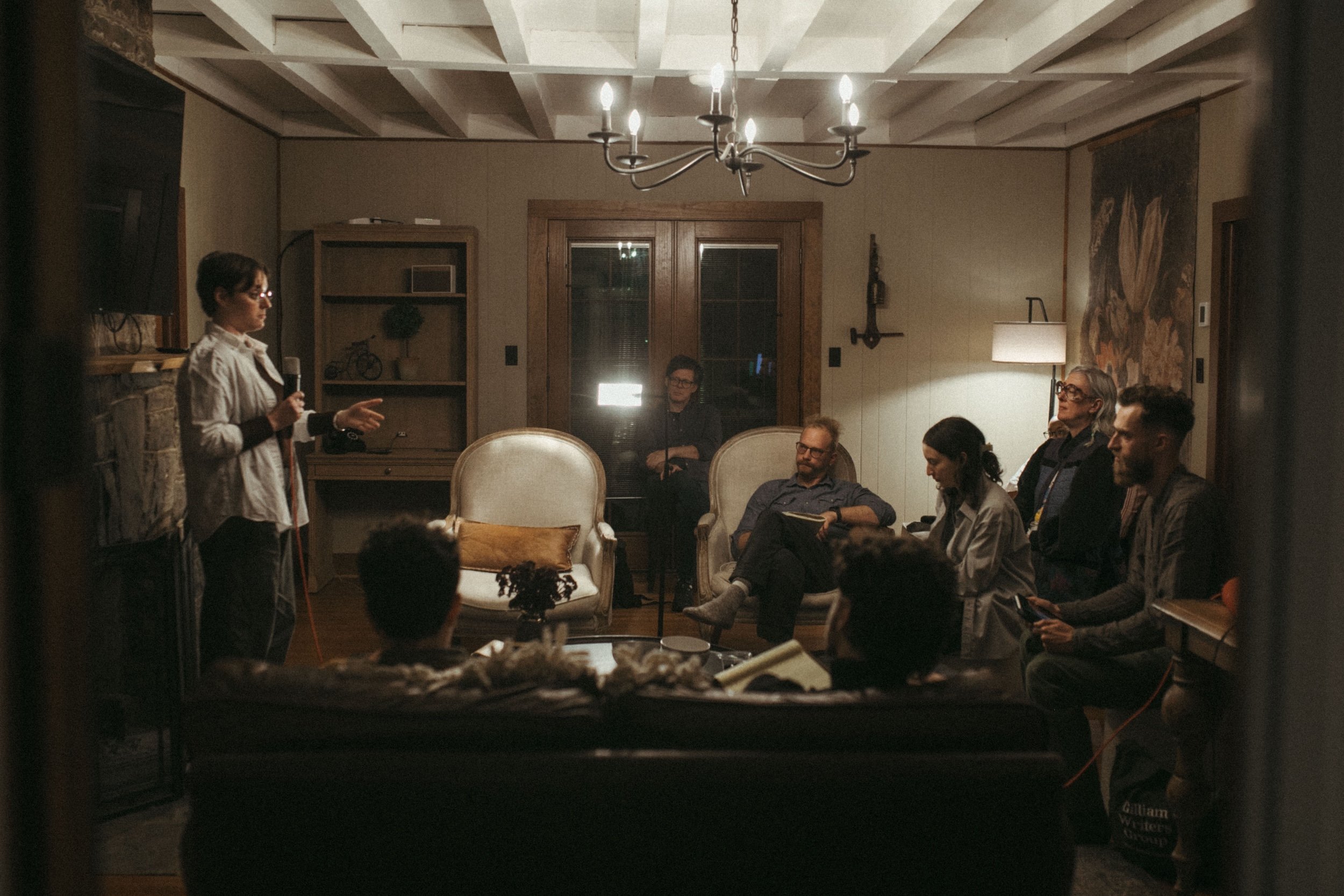
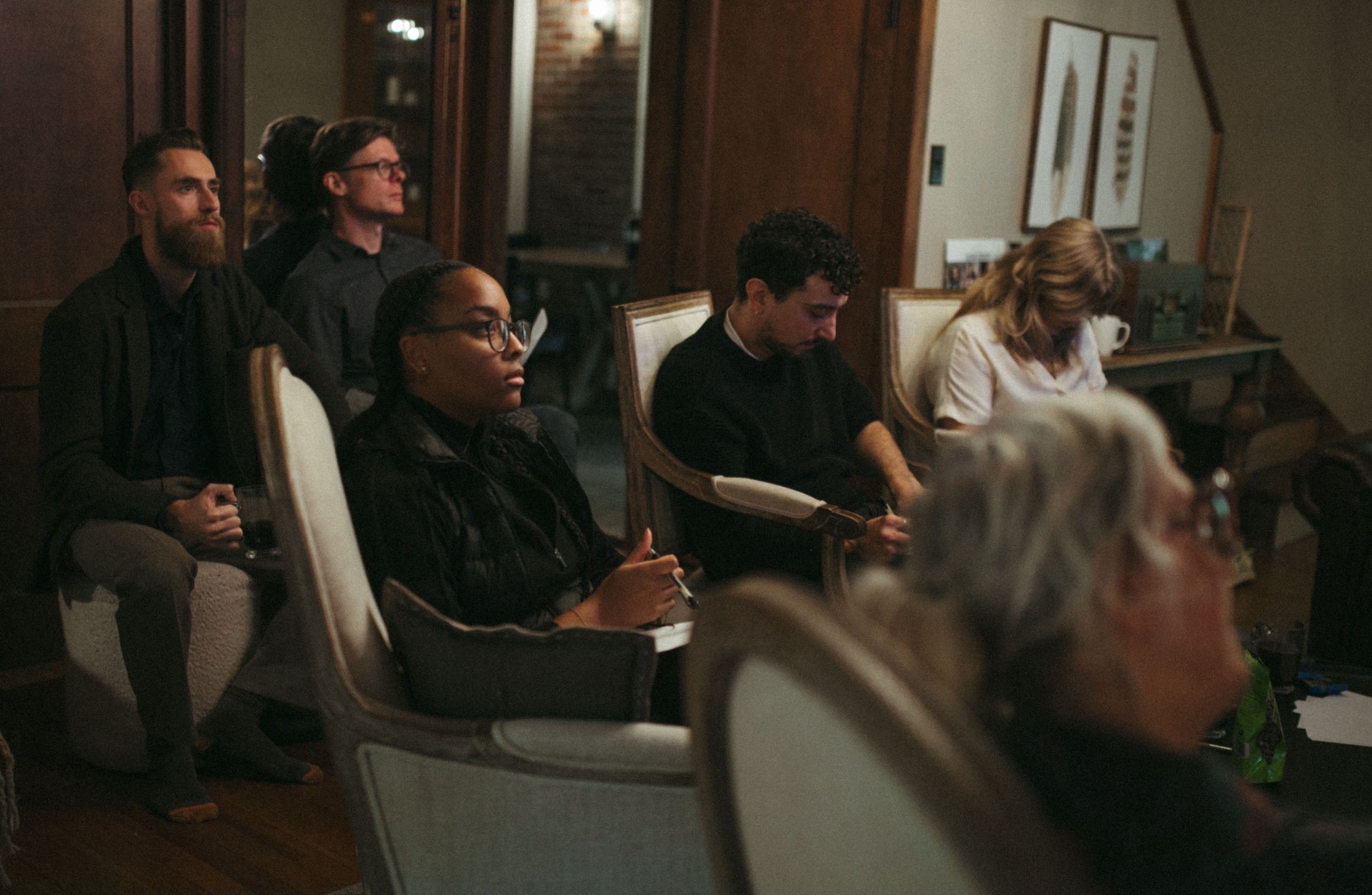
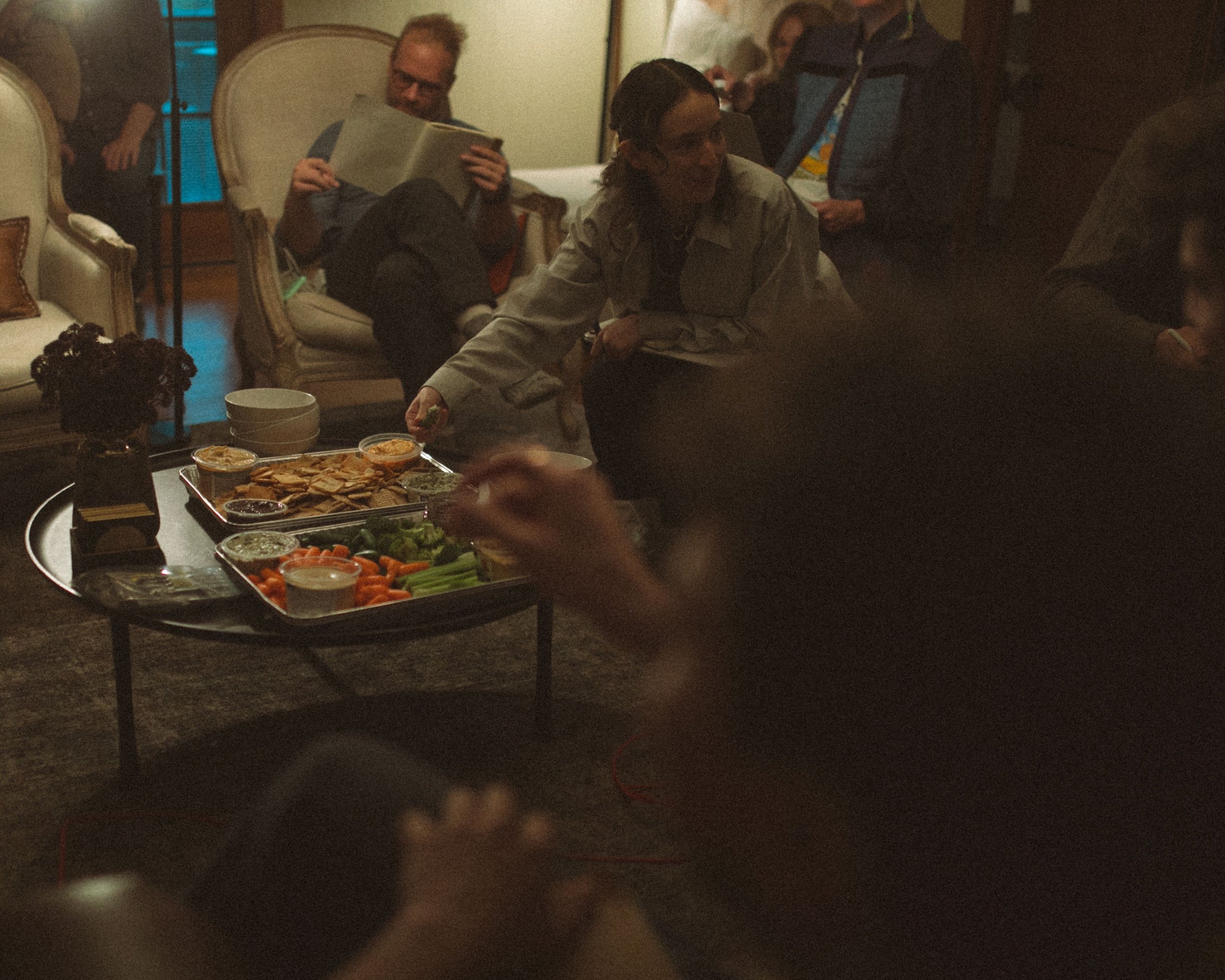
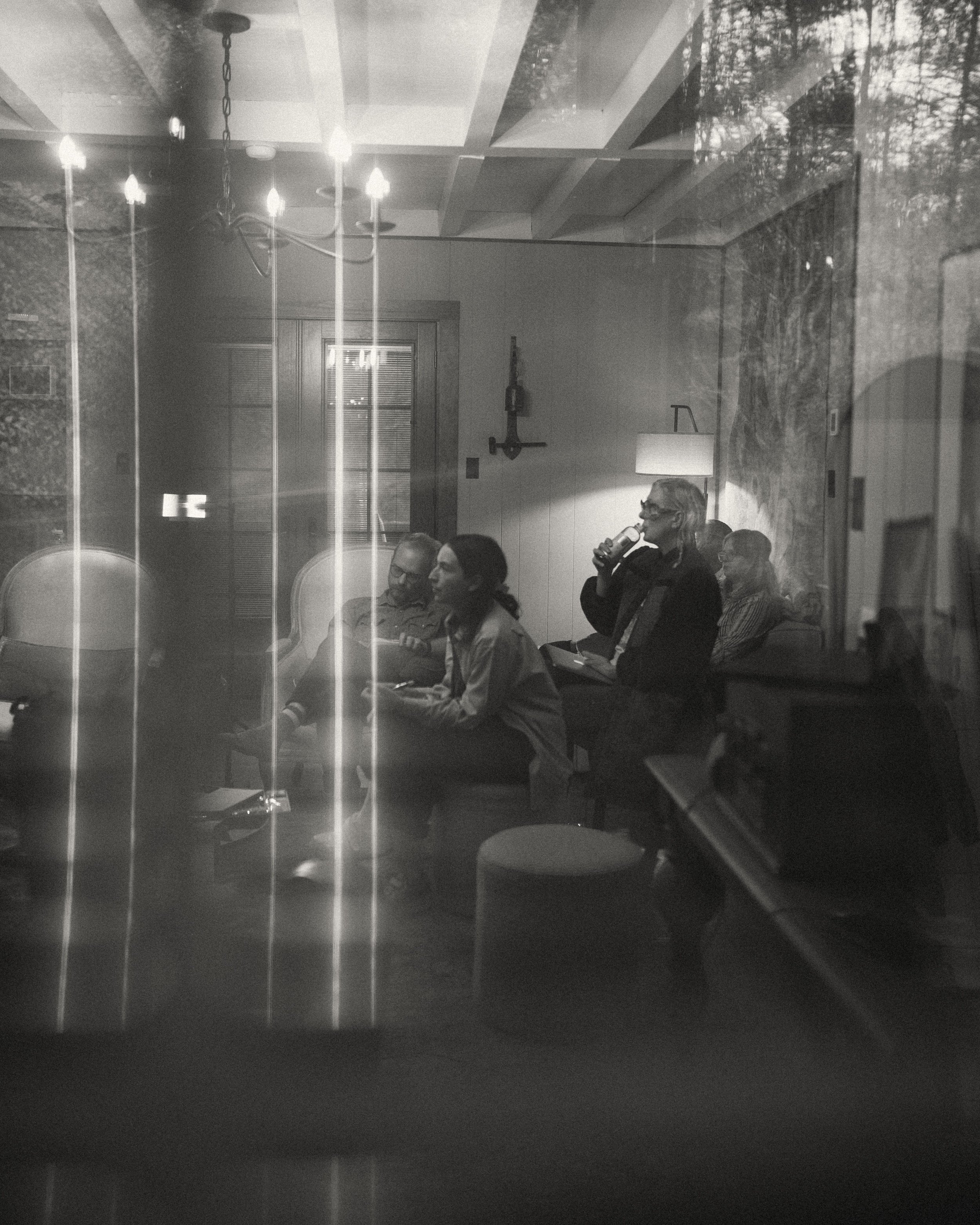

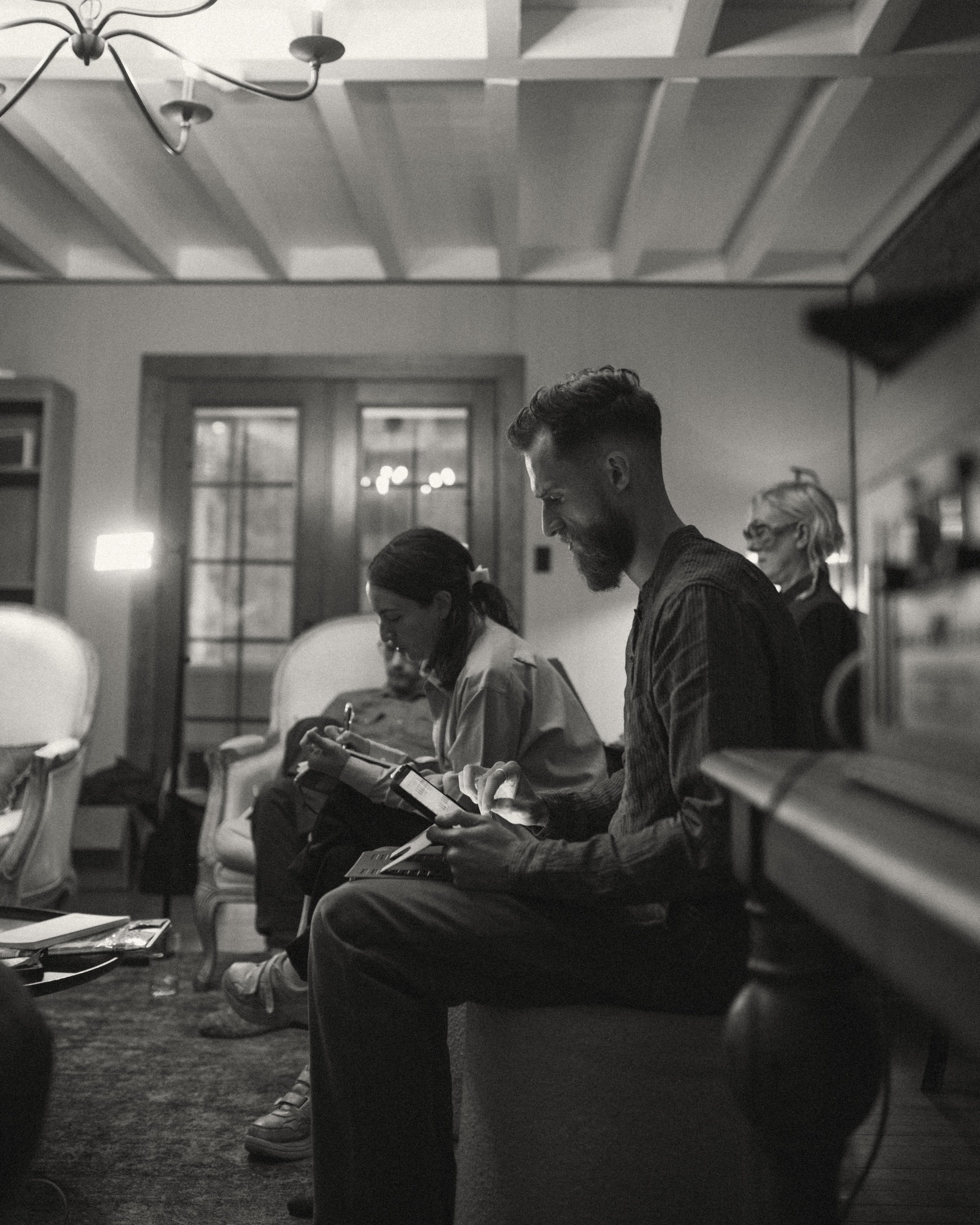

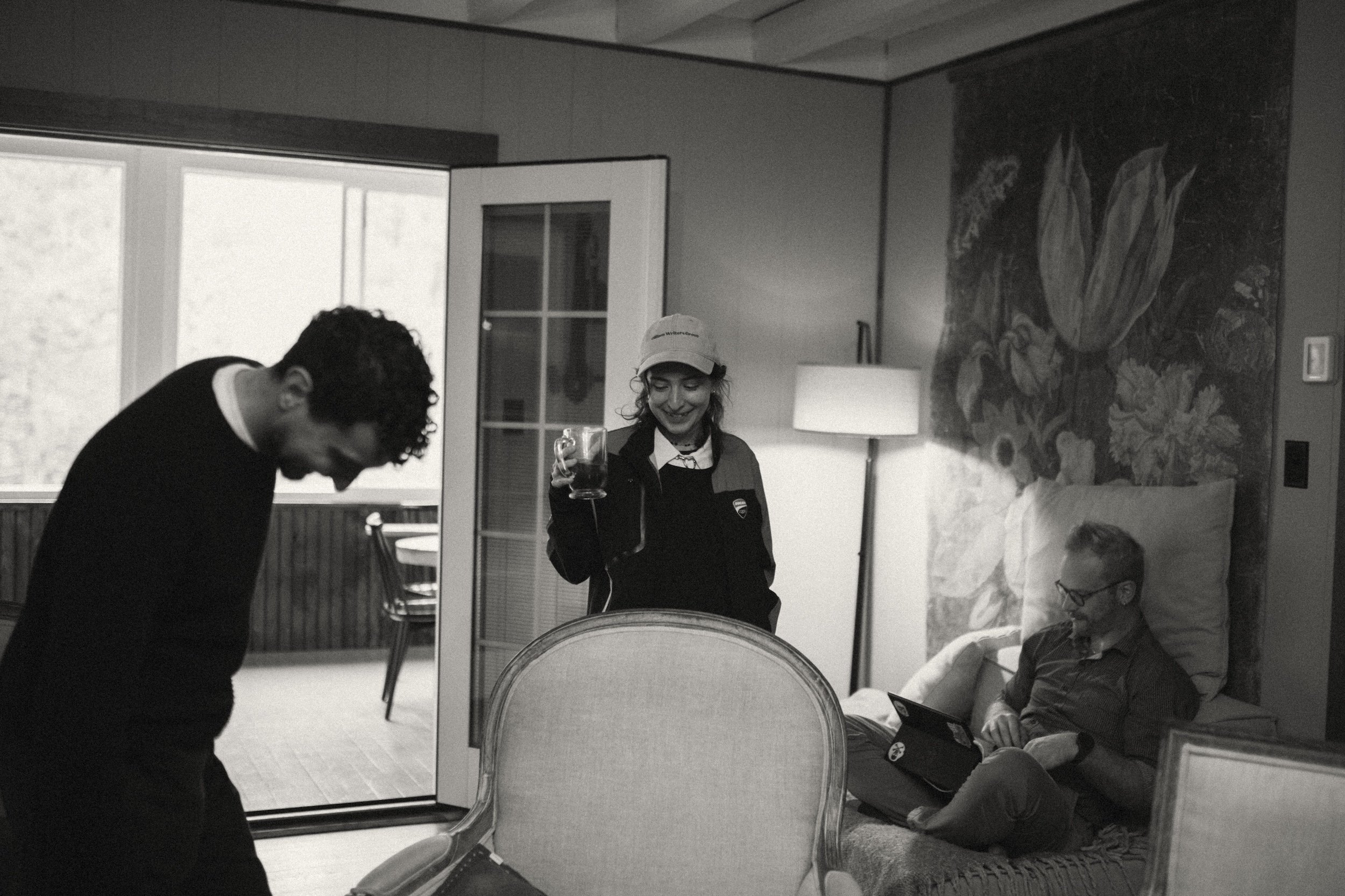


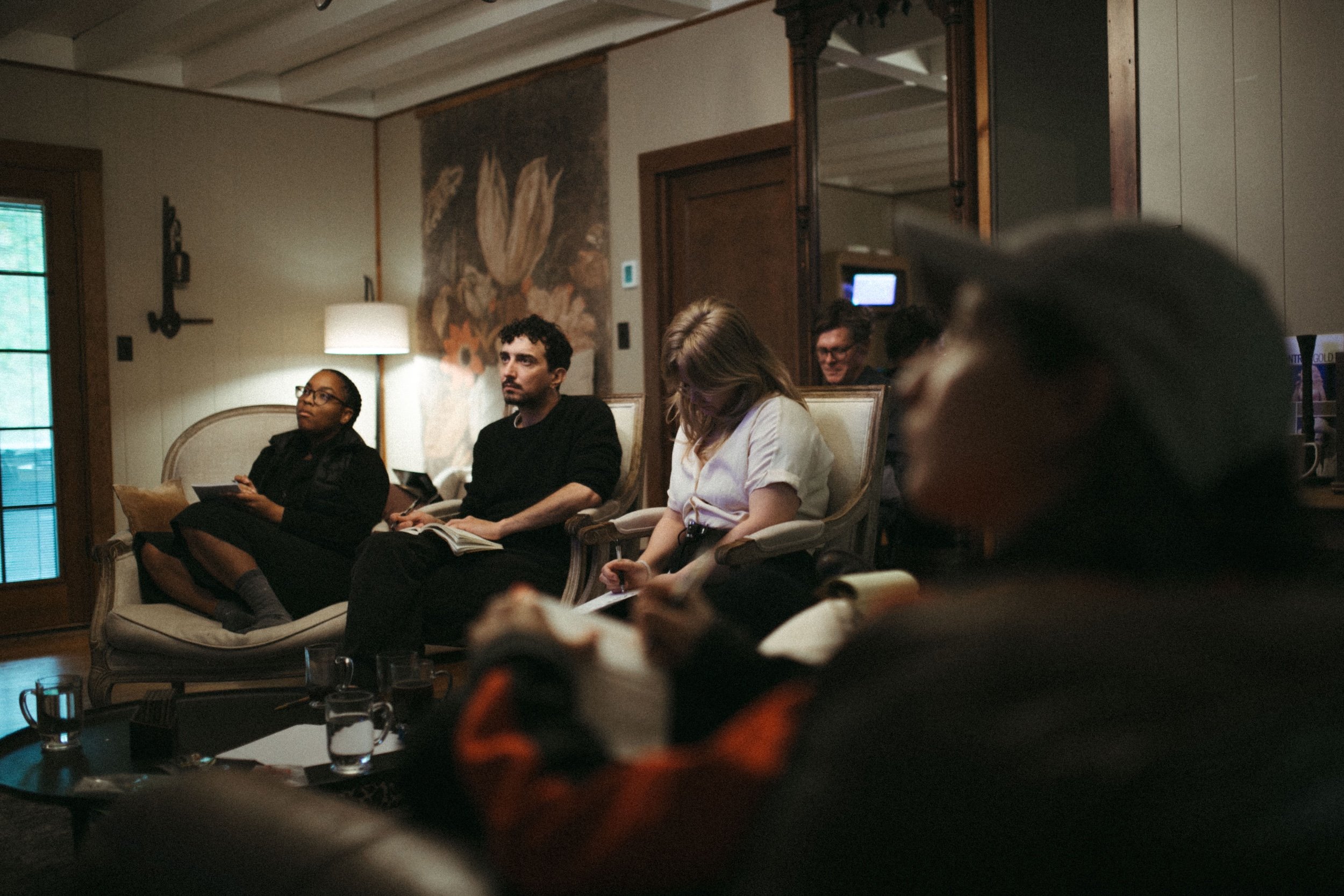


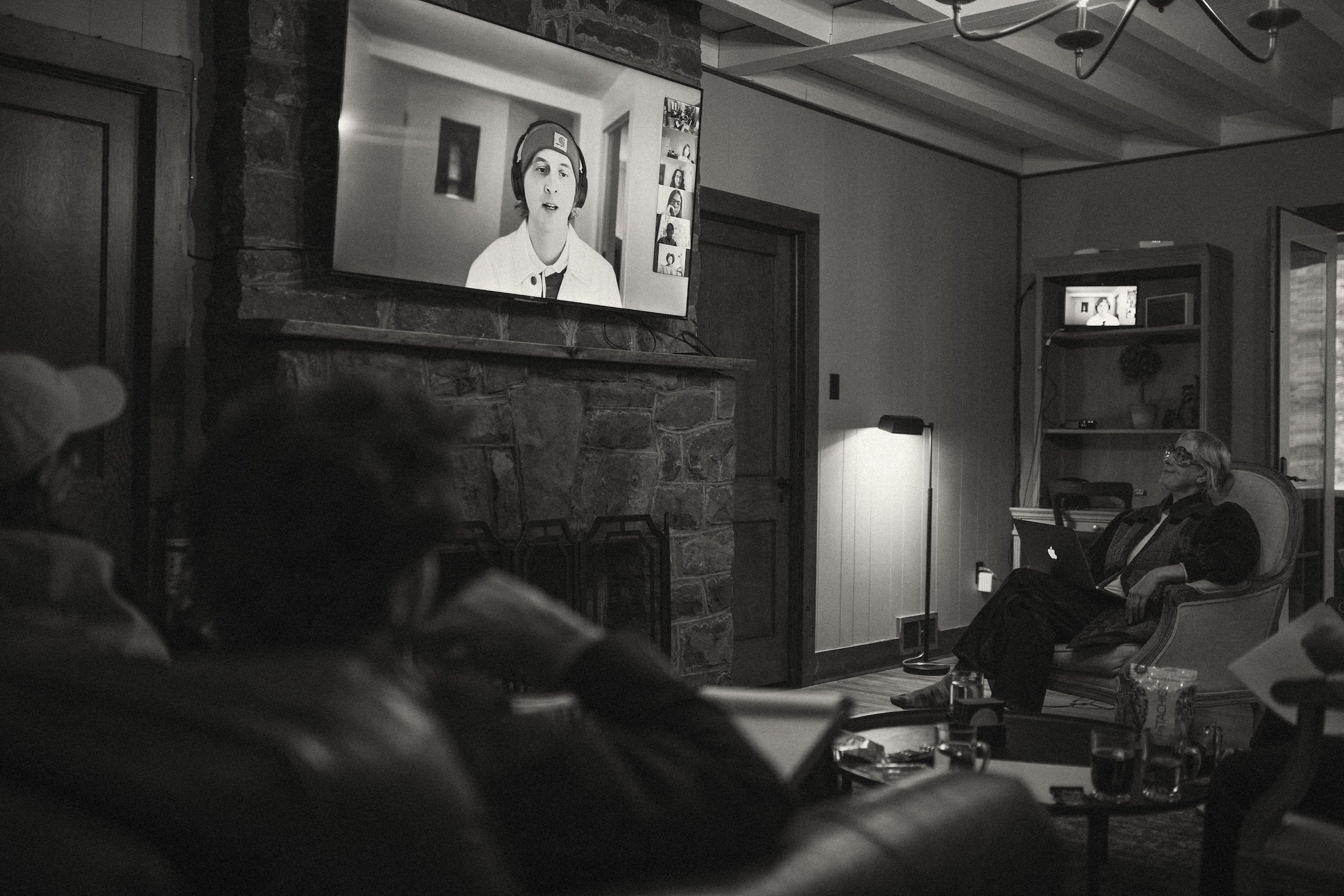
Teaching together.
For the authors of the Transcendental movement, teaching was just as important as writing; the classroom was an impactful and challenging proving ground for their philosophical theories. Bronson Alcott, for instance—father of Louisa May Alcott—was a radical experimenter in the field of pedagogy. He believed that learning occurred most effectively through organic conversation (as opposed to lecturing or rote memorization), and he refined this idea by putting it to work in his teaching practice. Today, more than 150 years after Bronson Alcott called for educators to follow the conversational or “dialogic” model, many in our field still believe that the best teaching occurs in open-ended, participatory environments: places where instructors are encouraged to form authentic mentoring relationships, engage learners in hands-on demonstrations, and honor their own perceptions of student performance and cognition. As a collective of writing coaches, writing tutors, and manuscript editors with a shared educational goal—that of improving not only the output, but the thinking, of our students and clients—we find collaboration indispensable.


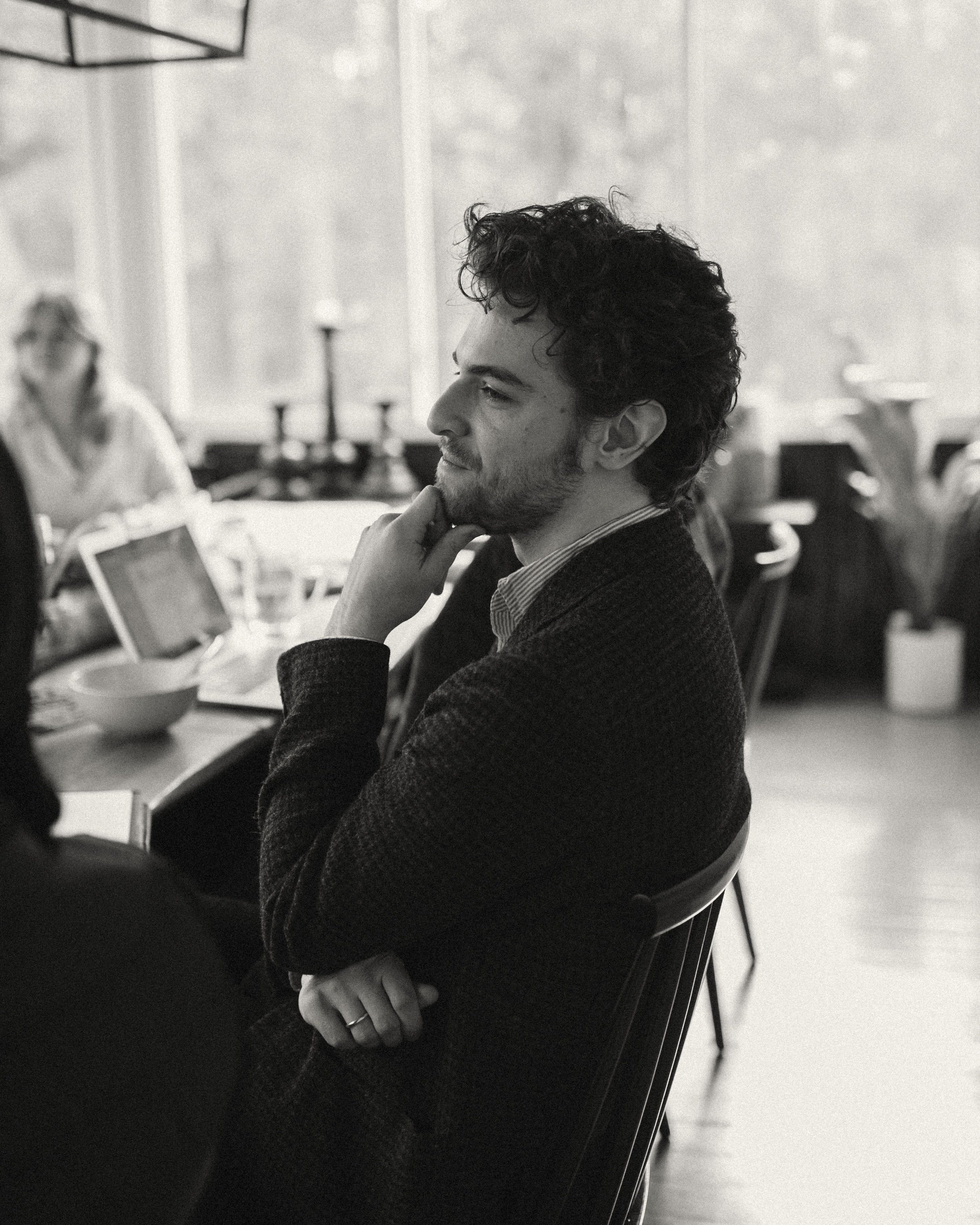
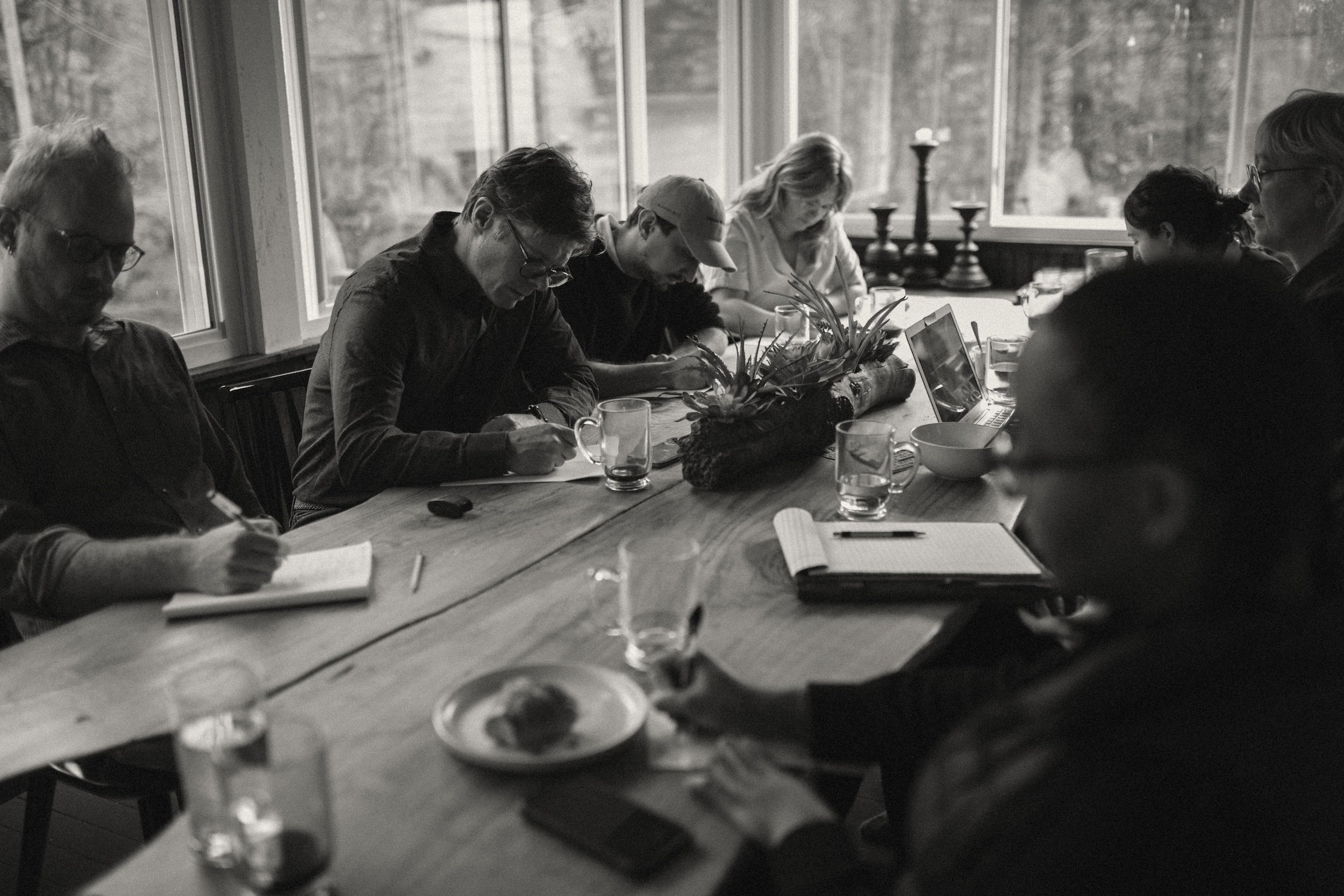



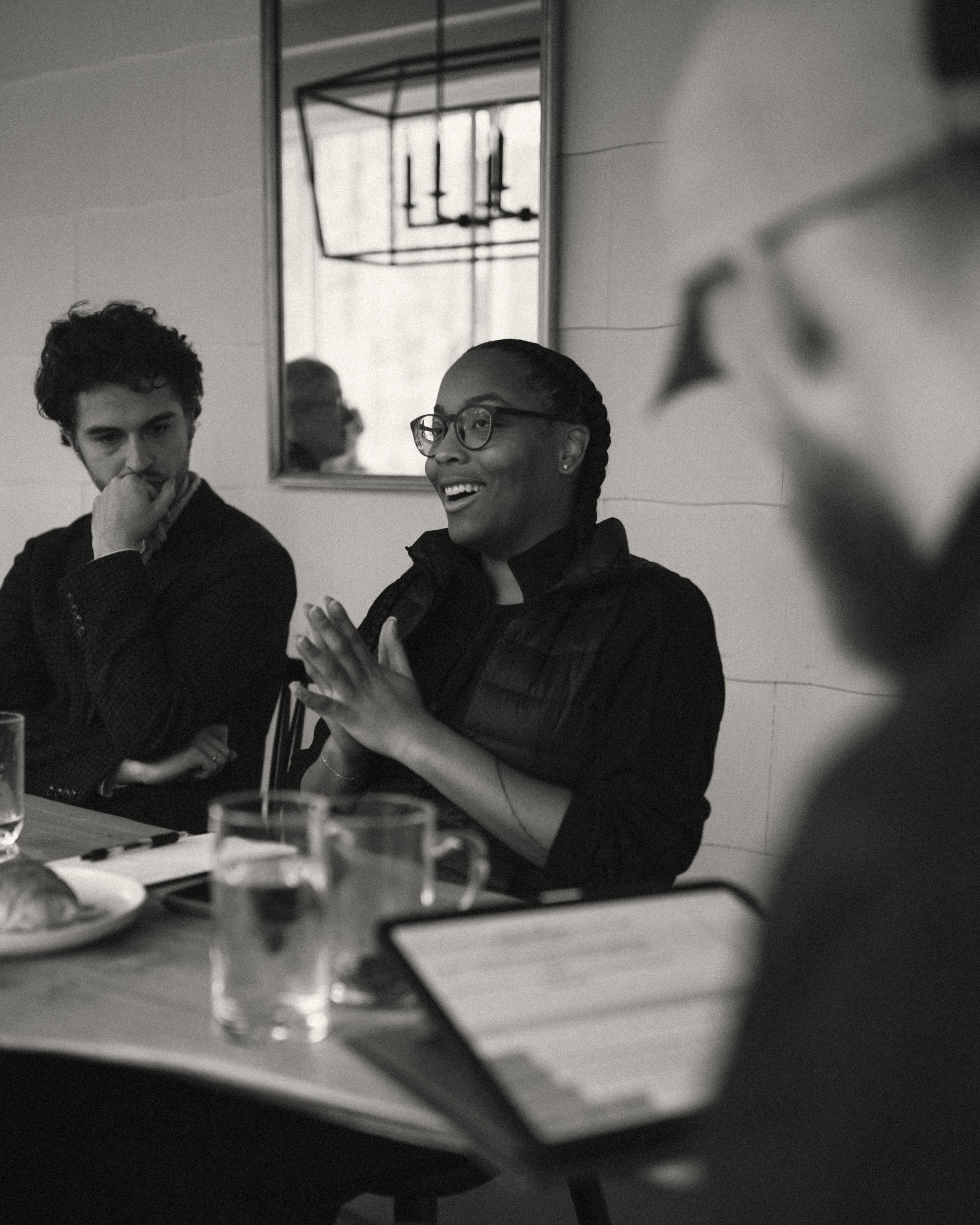


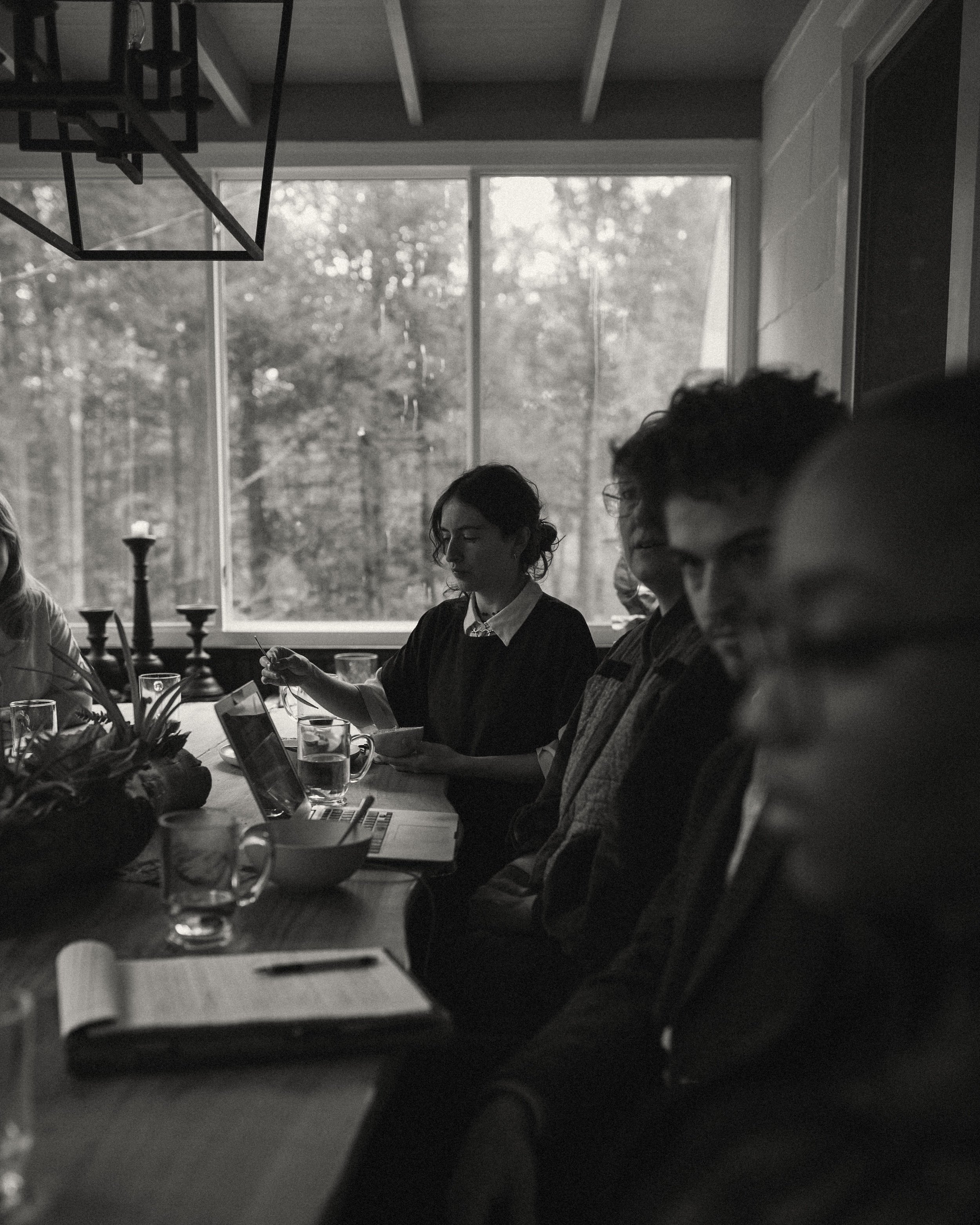

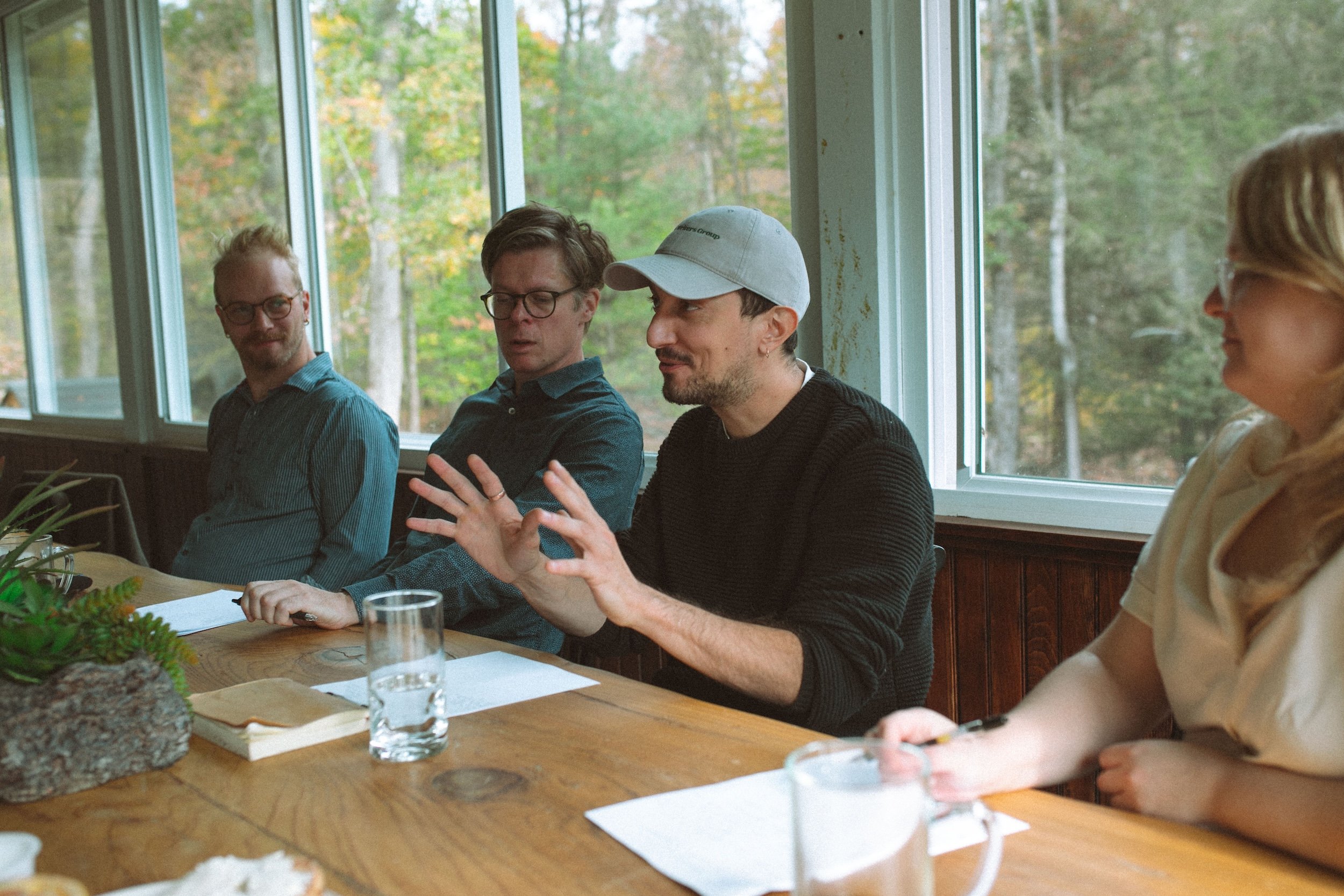


Growing together.
From medieval universities to modern MFA workshops, history shows that writers produce their best work when they balance the solitary labor of authorship with communal sharing and attention. Because our faculty know one another, we can help each other grow as professionals across our differences—disparities of background, training, and intent that might otherwise leave us siloed. As the humanities come under threat in the modern consumer model of the university, we reaffirm the value of writing together in dialogue with our colleagues, clients, and students. The Gilliam Writers Group sees itself as an alternative, supplementary space in which humanities learning and mentorship can find new ways to change us: a kind of intellectual lab that supports, but also challenges, these processes as they occur in more conventional academic and literary settings. Similarly, we hope that our clients feel supported but never entirely comfortable—that is, never stagnant—in their work with our firm. Hiring GWG means extending your mind in two directions once, deepening your roots in humanity’s archive as you reach for the future of culture and thought. Together, we are tending what philosopher Ivan Illich called “the vineyard of the text”, finding new forms of sustenance in the written language we share.


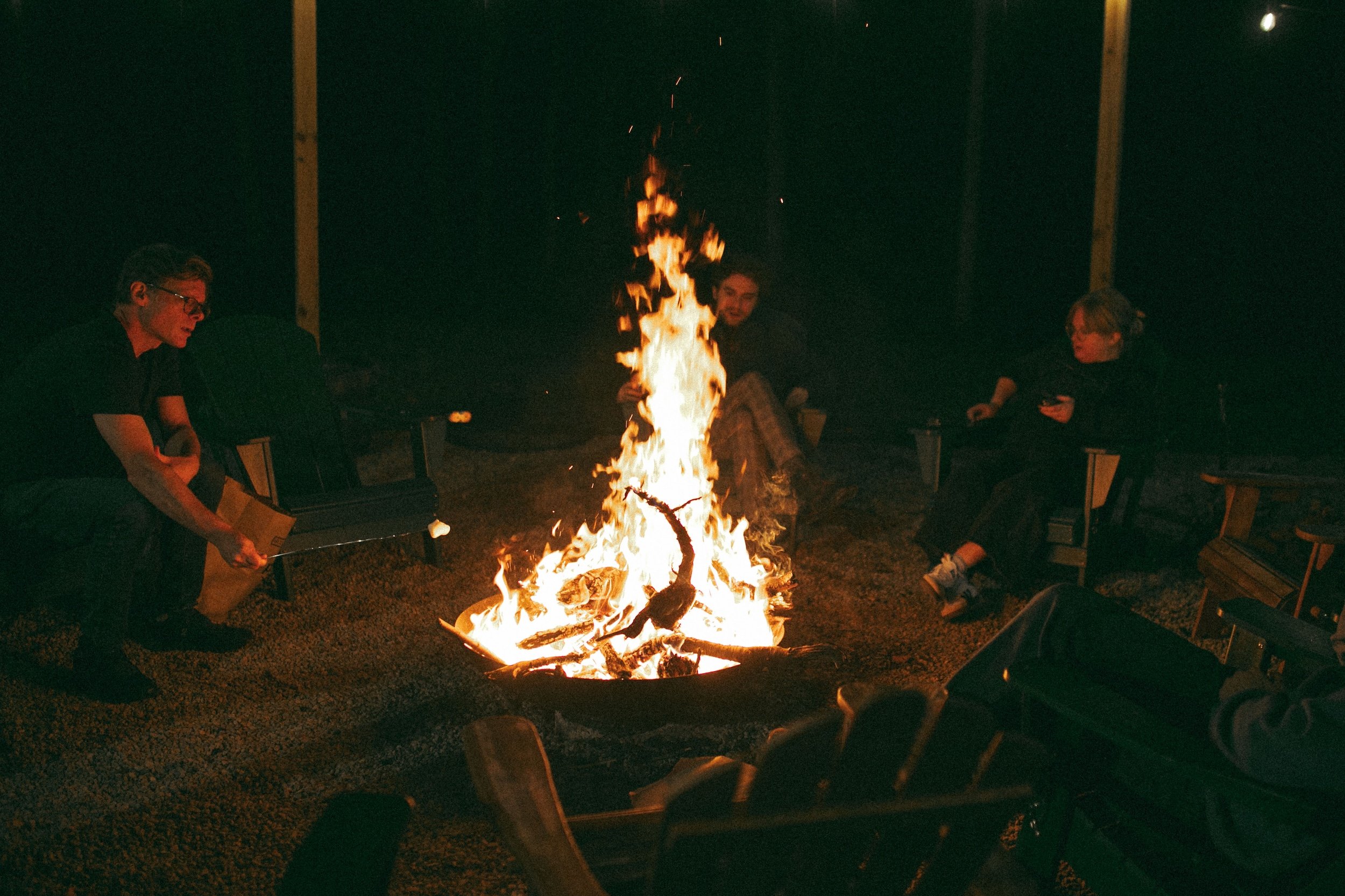




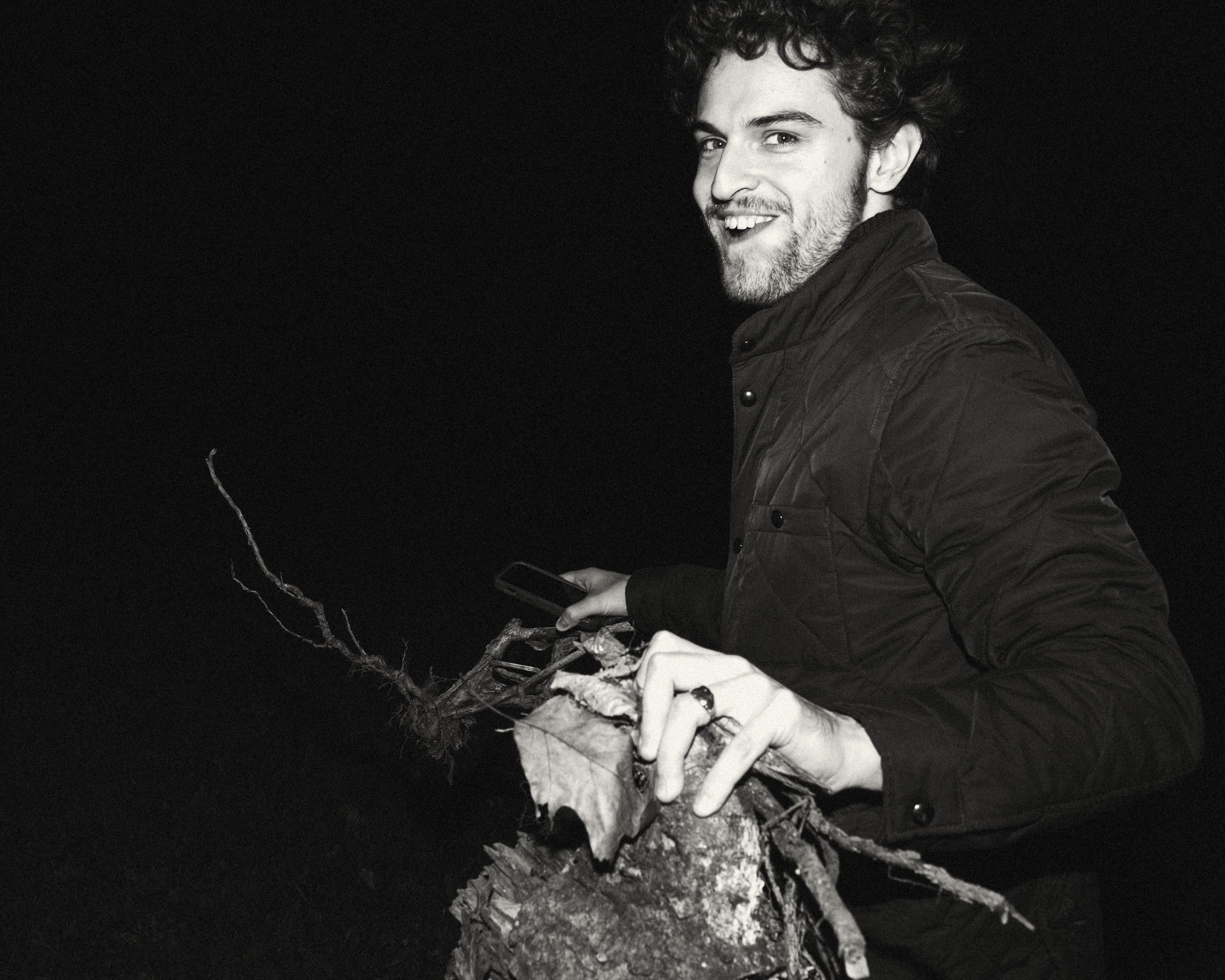

Looking for more information?
Click on the services below to view comprehensive details on pricing, scope, and process.

Writing Coaching
Get live, one‑on‑one guidance for literary, academic, or professional writing projects. Our writing coaches deliver hands-on practice & feedback, strategy for drafting & revising, & structured accountability to keep you writing consistently.

Manuscript & Book Editing
Collaborate with a professional book editor to improve your draft at any stage of development, from outline to polished prose. We tailor developmental, line, or copy edits to your goals & publishing timeline.
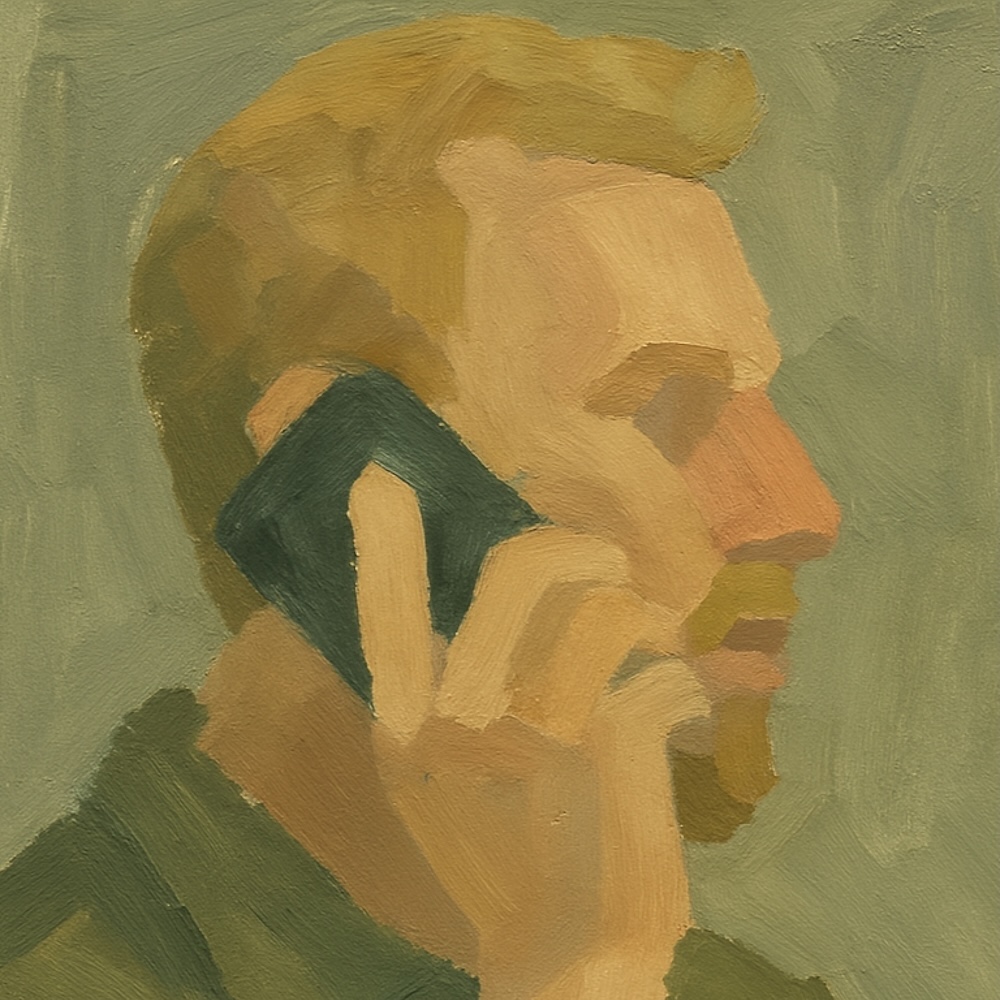
Manuscript Consultations & Mark-ups
Receive a detailed editorial letter (with or without a mark-up of your draft) followed by a live strategy session focused on your manuscript’s next steps. It’s an affordable way to pinpoint strengths, fix issues, & map out revisions before a full edit.

Weekly Online Writing Groups
Join a Zoom‑based Writing Room & commit to 1 hour of dedicated, distraction‑free work time every single week. Stay accountable, build momentum, & connect with a community of writers for just $20/month.

Academic Writing Tutoring
We provide personalized reading & writing tutoring to students K-12 & college. Our academic interventions can target crucial skills for any subject or grade level, from literacy fundamentals (phonics, vocab, reading comprehension, grammar, etc.) to more intermediate & advanced areas of study (essay structure, logic & argumentation, literary analysis, rhetoric, source vetting, & more).
Transform your writing practice—starting with a conversation.
Schedule a free, 15-minute Consultation Call with a Gilliam Writers Group Enrollment Manager below. They’ll connect you with a faculty member whose expertise—in writing coaching, book editing, manuscript consultation, or academic tutoring—can help you achieve your writing goals.
Not sure which of our services best fits your needs? During your Consultation Call, we'll thoughtfully discuss your project, objectives, and working style to determine which of our tailored services aligns most closely with your needs—no pressure, no obligation.
Brady Gilliam, Founder
〰️
Misha McDaniel, Enrollment Manager
〰️
Tadeh Kennedy, Enrollment Manager
〰️
Brady Gilliam, Founder 〰️ Misha McDaniel, Enrollment Manager 〰️ Tadeh Kennedy, Enrollment Manager 〰️
Learn what a writing coach, book editor, or academic writing tutor can do for you.


